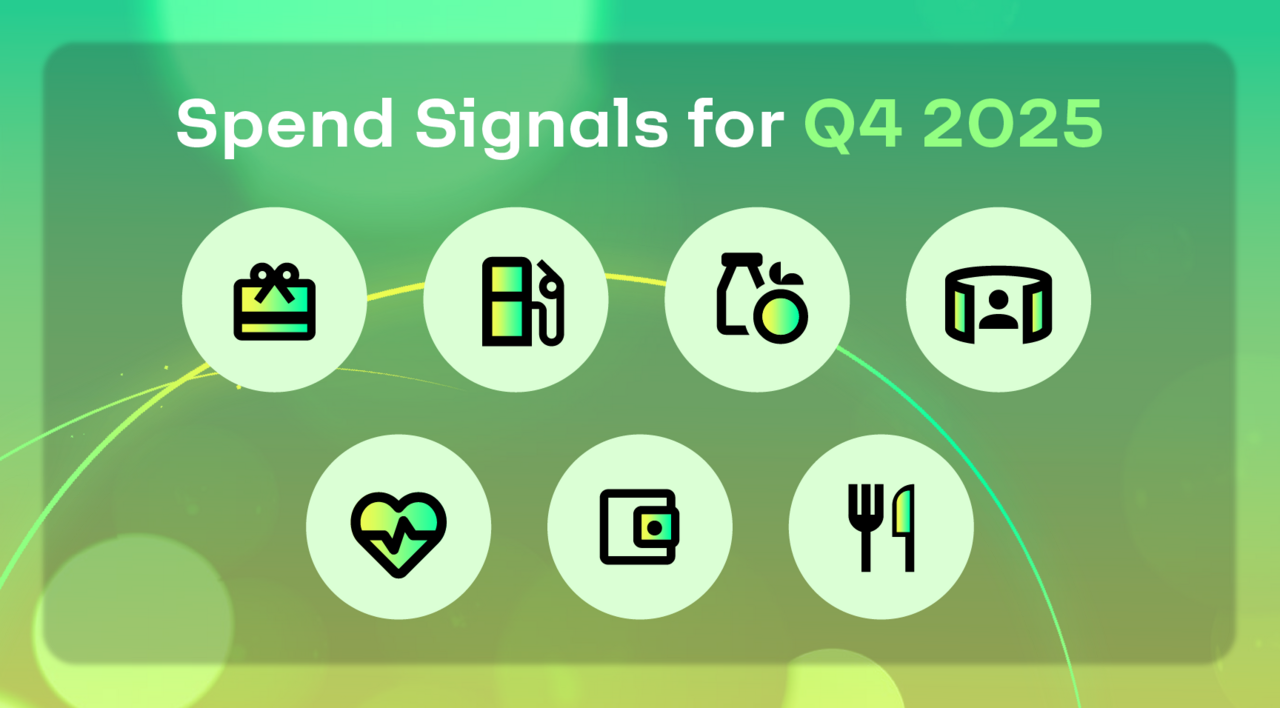There’s no doubt that the customers of today expect a high level of choice when it comes to payment types. To ensure positive customer experiences — and a good bottom line — business owners need to ensure they’re set up to accept a range of popular payment methods.
Of course, payment types change and evolve over time, and with the advent of new technologies, new payment types will likely emerge in the future. Here, we outline some of today’s most popular B2B payment types, along with the pros and cons of each.
Pros and cons of various payment types
The type of your business, and where you choose to open it, will ultimately have a bearing on which payment types you choose to offer your customers.
If a significant portion of your sales are expected to be made online, offering a range of electronic payment types is a must. And, if the goods or services you sell are expensive, it’s important to offer the option of checks and debit and credit cards to allay any customer concerns about carrying large amounts of cash.
Having said all of this, businesses that are able to offer a variety of popular payment methods will naturally be better placed to offer better customer experiences — regardless of the business type, size, or location.
Credit and debit cards
Credit and debit cards are one of the most common types of B2C and B2B payment methods. Credit card customers receive a line of credit from a credit card company such as Mastercard, Visa, and American Express. This card is used to pay for individual purchases, and the customer pays the card balance, or part thereof, each month. Debit cards, on the other hand, use funds from the purchaser’s bank account — not a line of credit.
Pros include:
- May encourage customers to make larger, or more frequent purchases
- Lessens the need to keep large amounts of cash on hand
- No need to worry about counterfeit cash or bad checks
- Good for foreign travelers and cross-border payments
- Faster and more convenient than cash or checks for customers
Cons include:
- Each transaction will incur a merchant transaction or processing fee. This is generally lower for debit than credit cards
- There is a lag of 1—3 days between the date of purchase, and when the funds are received for the purchase
- Disputed charges may result in no payment being received for a transaction
- Merchants may be responsible if a purchase is made with a fake or stolen card
- A point-of-sale device will need to be purchased or rented
Cash
Cash is still used as a payment type by many merchants, particularly in the retail industry. Many small retailers prefer cash to debit and credit cards, due to the fees associated with such cards. There are, however, some disadvantages to both businesses and customers when it comes to cash payments.
Pros include:
- One of the easiest, most common types of payment
- Payment is instantly received, and there are no fees incurred
Cons include:
- Potential to be lost, stolen, or damaged/destroyed
- This may deter customers from making large purchases
- May require security measures such as fraud detection or secured transit, which comes at an expense
- Many customers prefer the convenience of electronic or mobile payments, or credit cards that offer reward programs
- Counting cash at the end of each day can be time-intensive
Checks
Although checks are no longer a commonly used B2B payment type, there are still some customers who prefer checks to other methods of payment. Checks can either be drawn from a personal or business bank account, or as a bank cashier’s check. Cashier’s checks have a higher level of security than personal and business checks and can serve as a guaranteed form of payment.
Pros include:
- May encourage customers to make larger, or more frequent purchases
- Negates the need to keep high volumes of cash in a store
- There are no fees charged when cashing checks
- Cashier’s checks are a guaranteed payment type
Cons include:
- Funds aren’t immediately available. After banking the check, there may be a lag of several days for the funds to appear in your account
- Risk of fake or “bounced” checks resulting in payment not being received for a transaction. Check readers can help to mitigate this risk.
Mobile wallets
Mobile wallets link to a customer’s bank account, debit card, or credit card via an app running on a device such as a smartphone, tablet, or smartwatch. These are available through Apple Pay, Samsung Pay, and Google Pay, and all smartphones now carry mobile wallet functionality.
Mobile wallets contain the user’s existing card information, and once set up, the app can be used to pay for purchases at any business that accepts mobile payments.
Mobile wallet popularity is steadily growing — although not yet a rival to traditional credit and debit card payments, more and more customers are embracing the convenience of this technology.
Pros include:
- Customers can pay for transactions without the need for a physical card
- A quick and easy checkout process may lead customers to make frequent purchases
- Can be a more secure method of payment for customers than a physical card, as mobile wallet data is encrypted
Cons include:
- Merchants with brick-and-mortar stores need to rent or buy a point-of-sale terminal with “tap to pay” functionality
- Some apps come with transaction limits that are lower than regular credit card limits, which may prevent large purchases
Electronic funds transfer
Electronic funds transfers include both wire transfers and ACH (Automatic clearing house) payments. This payment type involves the transferring of funds from one bank account to another, and is typically used for large purchases or frequent payments, where credit card or check payments wouldn’t be appropriate.
Wire transfers are often used in B2B payment scenarios, while ACH payments are often used for business payroll payments.
Pros include:
- Highly secure and convenient. Allows businesses to receive large payments with ease
- Incurs a one-time fee only, not the percentage-based commission incurred for credit card transactions
- Negates the need to hold large amounts of cash in a store
- Eliminates worries surrounding counterfeit cash and bad checks
Cons include:
- May be impractical for everyday type purchases, as it requires setting up the transaction between both banks
- There may be a lag between the transfer and the funds being made available
- Some customers may not feel comfortable moving funds from their account to another business’ account
Cryptocurrency
Cryptocurrency is a modern way of facilitating transactions, involving an individual sending digital coins or tokens to a specific blockchain address. Provided that both sender and receiver are in possession of a digital wallet on the same network, funds can be sent and received. Services such as Wirex and BitPay also offer debit cards which can be funded with leading cryptos such as Bitcoin.
Pros include:
- Blockchains run outside traditional government-backed financial systems, which may appeal to certain customers, and open businesses to new audiences
- Requires only an internet connection; not a bank account
- A variety of coins/tokens are available for transacting
- Generally involves fast processing times
Cons include:
- Prone to instability and large value losses, which can pose a risk to businesses that accept this payment type
- Lacks the reliable payment infrastructure of other traditional payment types such as debit and credit cards
Autopay
Autopay works by automatically debiting a customer’s bank account, debit, or credit card on a pre-specified date, most often once a month. It is a popular payment option for such items as monthly subscriptions, credit card and utility payments, and scheduled donations.
Pros include:
- Promotes both timely payments and customer retention, as payments are made automatically each month, with no need for continual reauthorizations
- Good for recurring, periodic payments or subscription services
Cons include:
- Can often result in reverse transactions due to overdraft payments
- Customers may request for funds to be returned after forgetting about the AutoPay
- Does not work for all purchase types, and is not suitable for one-time purchases
Buy now, pay later
Buy now, pay later (BNPL) refers to loans offered by BNPL companies, which enable customers to make purchases on credit, without the need for a credit card. There are a range of popular BNPL companies, including Afterpay and PayPal. BNPL is most popular for online purchases, though some physical stores also accept it as a payment type.
Pros include:
- BNPL is widely available to consumers, including many without a credit card or a good credit rating, and may encourage customers to make large purchases — spending more than they may otherwise with cash or a debit or credit card
Cons include:
- Rather than charging high-interest rates to consumers, BNPL services charge higher percentage rates to retailers — far higher than the percentages charged by credit card companies
Facilitating cross-border payments
Cross-border payments — or international transactions involving customers, businesses, or banks from at least two different countries — have long proved a pain point for B2B and B2C businesses alike. Low speed, high costs, lack of transparency, and limited access to this payment type are some challenges faced by businesses when it comes to international transactions.
Electronic funds transfers, credit cards, and mobile wallets are commonly used in cross-border payments, yet international transactions are more complex than domestic transactions — as well as the need to have multiple banks involved, there are bank fees, exchange rates and local taxes to contend with.
To help offset these issues, many businesses are turning to global payment platforms, particularly to assist with the management of returns, refunds, and international payouts. Unlike bank transfers or credit card processing, global payment platforms such as Runa combine all global payouts into one dashboard, handling mass payouts and complex currency conversions with ease.
For businesses with a large international customer base — and even those looking to scale — the way in which cross-border payments are managed can ultimately make or break international business strategies. Global payment platforms work to provide an innovative, all-in-one solution for such businesses.
Choosing the ideal payment type for your business
There’s no doubt that the payment types you ultimately choose for your business will have an effect on customer satisfaction levels, and the overall success of your operations. Here are some important things to consider when deciding which payment types you’ll implement:
- Your customers — Take a moment to think about your ideal client — their age and demographic, the places they like to shop, and their preferred payment types. This is a good first step when it comes to deciding which payment types you’ll offer.
- Your business type — Consider the size of your business, what it is that you sell, and where you’ll be operating from. For example, if you’re operating wholly online, you’ll want to be set up to accept debit and credit cards, but not necessarily cash or checks. If you sell expensive items, you may want to consider options such as BNPL.
- Your budget — Different payment types have different costs and fees, including setup costs, transaction fees, and monthly fees. As such, it’s important to decide which payment types you can afford to invest in, and how each type may impact your profit margins.
Learn how Runa can help your business today
At Runa, we provide the digital infrastructure that helps some of the world’s leading businesses process fast, impactful global payouts. With our innovative global payments platform, your recipients gain access to a variety of unique payout types that drive engagement, and revenue, like never before.
With us, your business gains the ability to send payouts to over 30 countries, in more than 18 currencies, with ease. The best part? Our solution is designed to integrate seamlessly with your existing software and systems, and there are no fees for joining. You pay only for what you use.
Ready to learn more about how Runa can help you provide the type of payouts that your recipients need? Request a free demo or get in touch with our expert team today!



